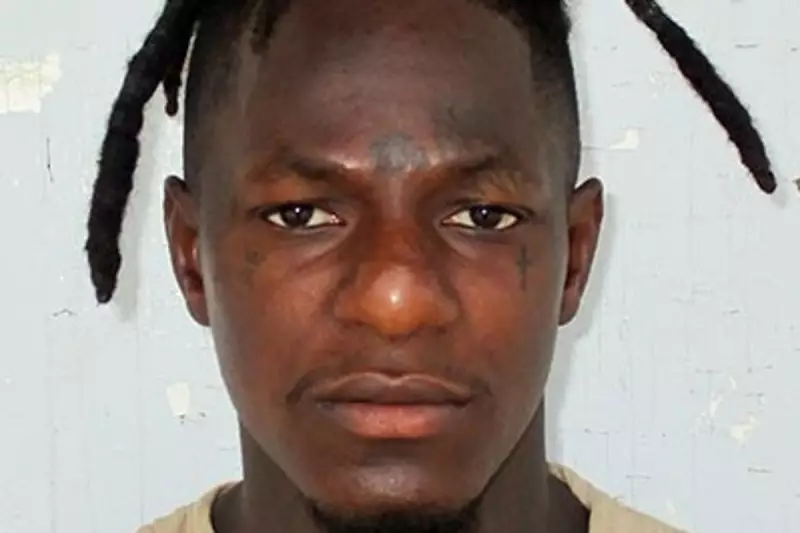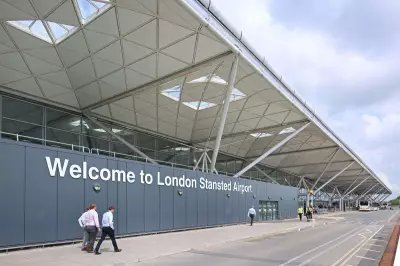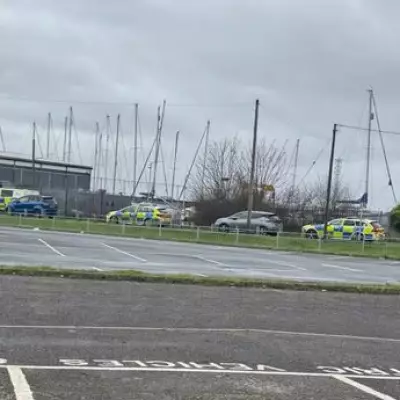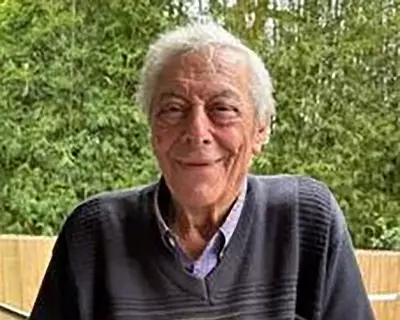
In a stunning reversal that could have far-reaching implications for Kentucky's justice system, the state Supreme Court has thrown out the murder conviction of Kevon Lawless, declaring that prosecutors systematically excluded Black jurors from his trial.
A Flawed Selection Process
The court's unanimous decision highlighted what justices described as a deeply troubling pattern during jury selection. Prosecutors had used their discretionary challenges to remove multiple African American potential jurors, creating what the court determined was a racially unbalanced jury.
"The prosecution's actions in this case undermined the very foundation of a fair trial," the ruling stated, emphasising that every defendant deserves a jury representative of their community.
The Case That Sparked the Controversy
Kevon Lawless had been convicted for the 2018 fatal shooting of 28-year-old James Duncan in Louisville. The original trial saw Lawless sentenced to 35 years in prison, a conviction that now hangs in the balance following this dramatic legal development.
Court documents reveal that defence attorneys raised immediate concerns about the jury composition during the original proceedings, but these objections were overruled by the trial judge.
Legal Precedent Set
Legal experts are hailing this decision as potentially transformative for criminal justice in Kentucky. The ruling establishes clearer standards for what constitutes improper jury selection practices and provides stronger protections against racial discrimination in the courtroom.
"This isn't just about one case," noted University of Kentucky law professor Elena Martinez. "The Supreme Court has sent a powerful message that racial bias in jury selection won't be tolerated, regardless of the severity of the charges."
What Happens Next?
The case now returns to Jefferson County Circuit Court, where prosecutors must decide whether to retry Lawless with a properly selected jury or potentially negotiate a plea agreement. Legal observers suggest the decision to retry seems likely, given the seriousness of the original charges.
Meanwhile, the ruling has prompted calls for broader reform of jury selection procedures across Kentucky, with civil rights advocates urging legislative action to prevent similar situations in future trials.





